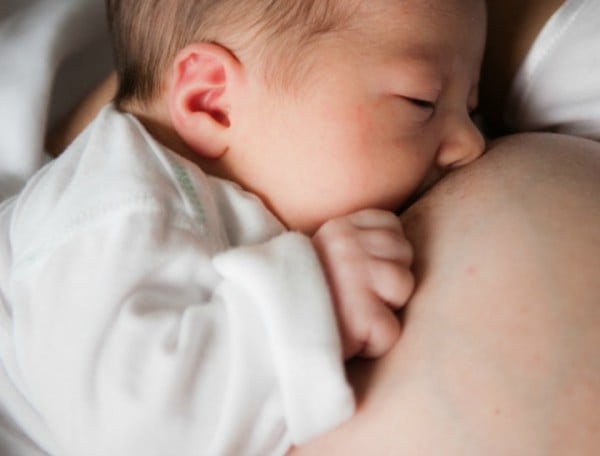
Earlier this year I was asked to write a foreword for a book entitled “Born to Breastfeed” by Rowena Gray. I read the manuscript, was really impressed and so agreed. The book was published recently and I spoke at their launch event. The feedback has been mostly positive but what surprised me was the reaction from some media camps. It seems that just talking about breastfeeding divides women. It falls into that camp of ‘judgment’ and ‘mother guilt’ that inevitably accompanies anything to do with parenting and mothering in particular.
So right up front I want to make absolutely clear. This is not about judging anyone. As women we should always have each other’s back and be a support to one another. That’s the way any women worth her salt behaves. So if for whatever reason you are formula feeding your infant or did formula feed, this is not about shaming you. There are a myriad of reasons that drive a mother’s decision as to how to feed her baby. Sometimes it is a choice and other times it’s not. Each family has their own unique circumstance that drives the outcome.



